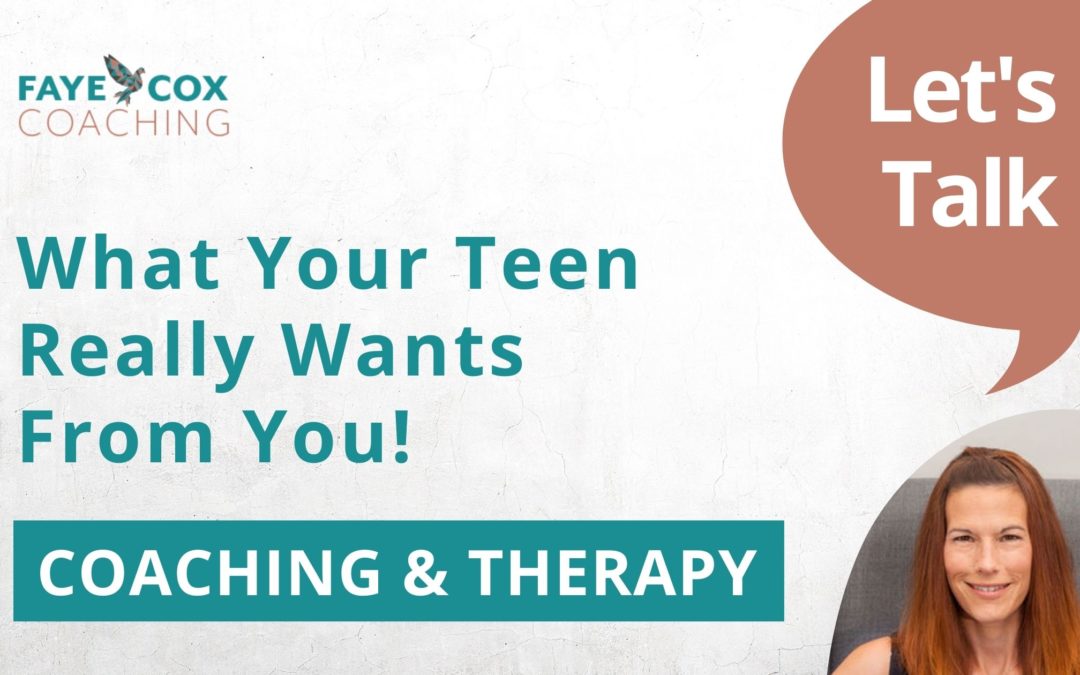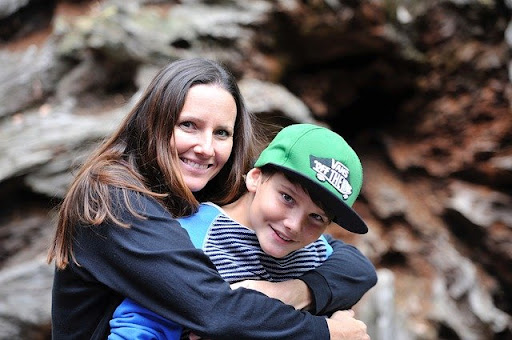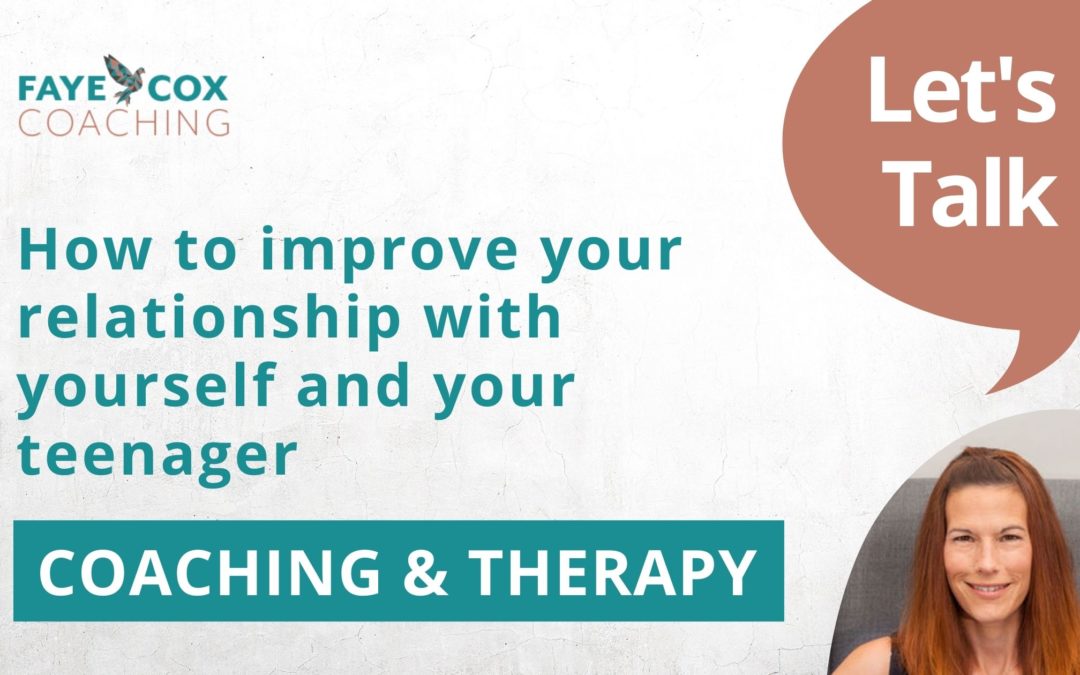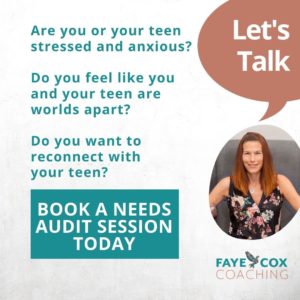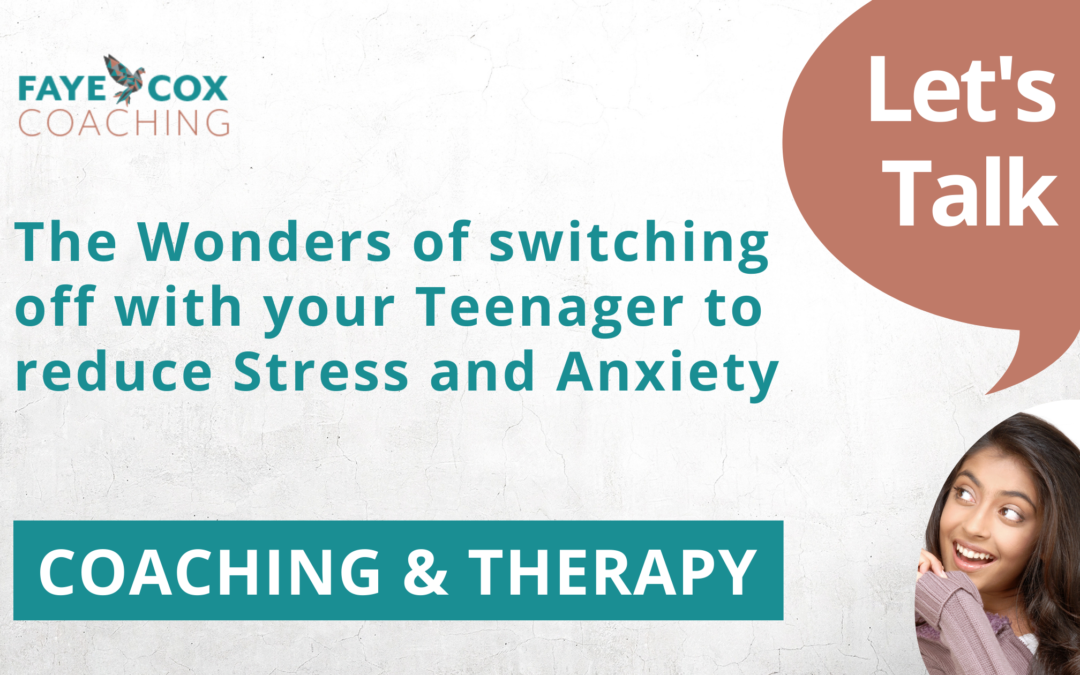
The Wonders of switching off with your Teenager to reduce Stress and Anxiety
Wonderful things happen when you switch off from the noise of the outer word and focus on connecting with your teenager.
Having put in a boundary (these are so important through the tween & teen years) around phone and social media usage of an evening, our family is learning to better communicate and having some great discussions and openly talking around our day and the issues and even the good parts of the girls school day experiences.

Friendships and Social Media
Both girls have been having some issues around friendships and social media. Tell me a young girl who hasn’t! and they have been learning some tough life lessons on what’s right and wrong and what’s appropriate and not appropriate and what the consequences are of certain actions, not just for them but for those around them also.
Any woman will tell you that female friendships are incredibly complex at the best of times. Throw in 24/7 access and keyboard warrior bravery and you’ve got one hell of a pressure cooker going on inside a young girls head. A young girl who is new to navigating this level of pressure and who is only just starting to make sense of herself and the world around her.
Our girls are learning that their human brains are not designed to be ‘switched on’ all the time, that they’re not built for 24/7 access and that this is causing stress and anxiety as they are being exposed to what people are doing, thinking and how people are behaving towards them and others around the clock. They’re realising that it’s exhausting and that it’s affecting their mental health.

Validating their feelings
In one of our chats in my eldest daughter’s bedroom one night, we were discussing an issue that she was experiencing and both myself and my youngest daughter just listened and validated how she felt. We could both relate to what she was feeling, as we’ve both felt it too, but rather than go straight in to this is what you should do mode, I sat back and asked her some further questions about the situation so she could see all sides of what was going on and she could understand how others may also feel. Having this perspective allowed her to find some resolutions to the problem herself. Only then did I tell her my own experience and what happened for me back when I was at school.
We all talked about what it is to be a friend and what kinds of people we want in our lives as friends too. That friends are not perfect, and neither are we. That friends won’t always agree with us, and that doesn’t mean we can’t be friends with them, but how important it is to have a mutual respect for each other and the way we communicate our needs.
The hour we spent together reminded me so much of when I was at school, and me, my sister and mum would do the same thing. We would all be together in the kitchen after school and mum would listen to our troubles, offer her wisdom and then allow us to make our own decision.

When the shift happens
Amazing shifts take place when you genuinely connect with your kids on their level. When you listen to understand, rather than to judge, when you ask questions, as appose to lecture, when you validate their feelings instead of teaching them to bury them. When you connect on their level, they will listen to your guidance, they will ask questions and they will further open up knowing they can trust that you’re not going to go off your head in that moment, (even if your exploding on the inside!). Your child is not perfect, and they’re going to make mistakes that make your hair curl and your nerves stand on end. They’re going to do things that you don’t agree with and things that you consider to be wrong, but at the end of the day they’re still learning and as parents so are we.
This isn’t soft parenting as some people see it. This is building the foundation of mutual trust and understanding. It’s teaching them that it’s OK to talk about things and that it’s OK to ask for help. Most of all it’s about teaching them emotional Intelligence so that when they grow up, and they’re through those difficult teenage years where their emotional mind is very much leading the charge, they will be well rounded individuals who know how to emotionally support themselves and the people around them.
If you’d like to find out more about supporting your tween or teenager to make sense of themselves and the world around them you can contact me using the contact form.
You can also purchase my book ‘Making Sense of Me’ – a book written to my younger self and a guide for all teenage girls to support them in making better sense of themselves and the world around them.

